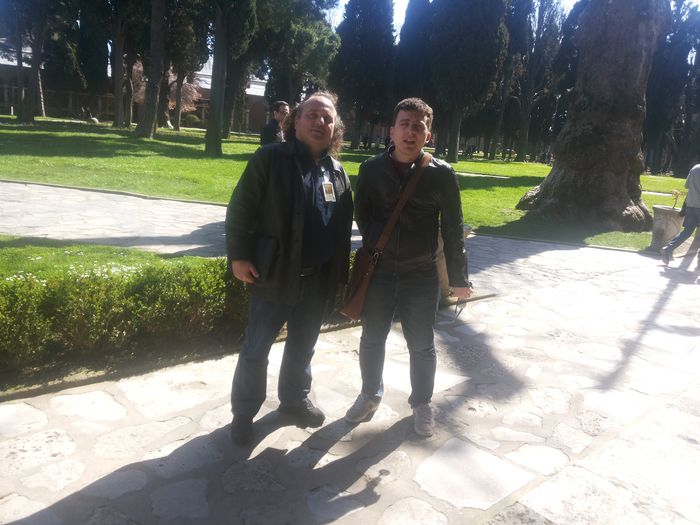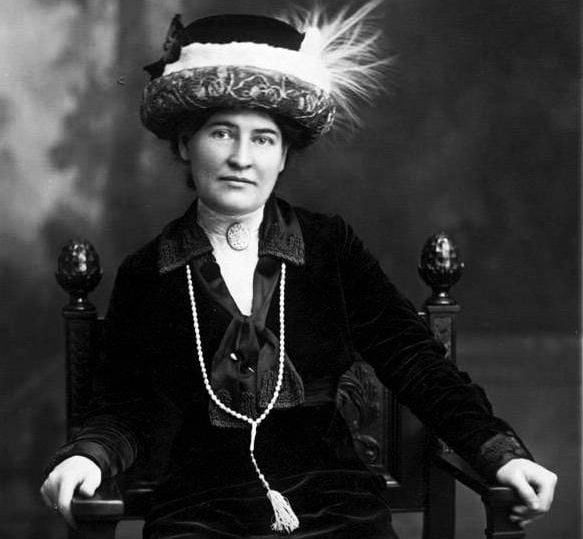We went out in amazement. The man had made no long speeches at this first meeting; his only enquiries concerned our voyage. Had we had a smooth voyage? Nothing more. So, after dispersing to our respective tents and sleeping for a while, we met again about dawn and decided how we were to conduct negotiations at the next interview. We were convinced that it was wrong to delegate the duty to one member alone: better that all should frame our questions and all together receive his answers.
22. While we were engaged in these discussions, day broke and the sun crept up over the horizon and was up in the sky, shining brightly. But it was not long before the leading councillors arrived and summoned us to his presence. They practically became our escort and led us away to their general. We found him in a bigger tent this time, big enough for an army and its mercenary forces as well. Outside it and all around there stood a great multitude of men, not at ease or mingled together, but drawn up in ranks, in a series of concentric circles, with a short interval between each group.
The emperor’s personal bodyguard
Some were armed with swords, others with the heavy iron rhomphaia, others with lances. Not a sound was heard from any of them. Every man stood stiffly to attention in an attitude of fear, their eyes steadily fixed on the soldier who was in charge at the door of the tent. He was actually the captain of the emperor’s personal bodyguard, a brave-hearted man, quick-witted and energetic, good at speaking, bitter at holding his tongue, and at his best when in deliberation — the Duke John, who had from a long line of ancestors inherited a spirit at once courageous and steadfast.**181
23. When we had drawn near, this man told us to stand by the entrance while he himself went inside the tent. After a short pause, he came out again, and without a single word to us threw open the tent-door, suddenly.
The sight that met our eyes within was astonishing. It was so unexpected, and truly it was an imperial spectacle, capable of over-aweing anyone. First, our ears were deafened by the roars of the army, but their voices were not all raised at once: the front rank acclaimed him first, then the second took up the cry, then the next rank, and so on. Each rank uttered its own cry with a different intonation from the rest. Then, after the last circle had shouted, there was one great united roar which hit us like a clap of thunder almost.
Read More about A Wagner Matinee part 3








